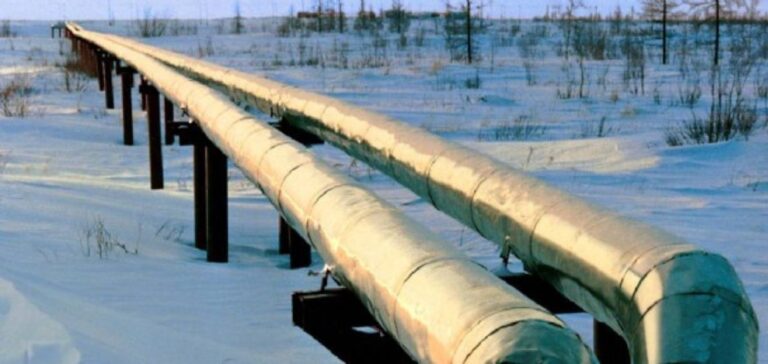The Russian Deputy Prime Minister in charge of Energy, Alexander Novak, announced a drop in Russian gas exports of 25.1% in 2022, caused by international sanctions and the refusal of European countries to buy Russian gas. In contrast, oil exports increased by 7.6% over the same period.
Collapse of gas exports
International sanctions have caused a collapse in Russian gas exports. European countries have refused to buy Russian gas, and the Nord Stream 1 and 2 pipelines have been sabotaged. The European Union, once the largest customer of Russian gas, has drastically reduced its imports, resulting in a 25.1% decrease in Russian gas exports, with a total production of 673.8 billion m3.
Nevertheless, the Russian Deputy Prime Minister expressed satisfaction with the potential for growth in gas supplies to the Asia-Pacific region, particularly China. Gas deliveries via the “Siberian Force” pipeline increased by 48% and reached an all-time high of 15.4 bcm in 2022.
Oil exports on the rise
Despite the European embargo and the export price cap imposed since December 2022, Russia has increased its oil exports by 7.6% in 2022, to 242 million tons. India, China, and Turkey in particular have increased their demand for Russian crude oil, benefiting from significant discounts and the reorientation of Russian strategy towards Asia.
The Russian Deputy Prime Minister said that this year it is planned to deliver more than 80% of oil exports and 75% of oil products to “friendly countries”. However, falling gas exports could weigh on Russia’s revenues in the future, especially as renewable energy gains in importance worldwide.






















